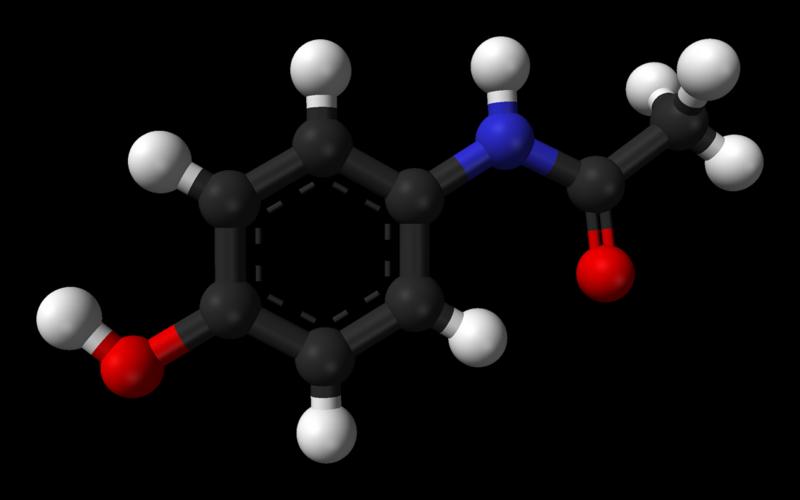Fever is one of the most common adverse events associated with childhood vaccinations, and both clinicians and parents often choose to administer antipyretics to children to prevent discomfort, or even febrile seizures. A recent study examines the usefulness of acetaminophen in the prevention of fever following routine vaccinations and also reports on an unexpected interaction between acetaminophen and vaccine efficacy.
Study highlights
- At ages 3, 4, and 5 months, children received the 10-valent PHiD-CV along with the DTPa-HBV-IPV/Hib. Boosters of these 2 vaccines were administered between 12 and 15 months of age. Oral human rotavirus vaccine was administered at 3 and 4 months of age.
- Children were randomly assigned to receive either acetaminophen in 3 rectal doses distributed in the 24 hours after a vaccine dose or no postvaccine treatment.
- The main study outcome was the effect of acetaminophen on the rate of fever after vaccination. The secondary outcome was the effect of acetaminophen on vaccine immunogenicity.
- Acetaminophen was most effective in preventing fever on the day of vaccination.
- However, an unexpected finding was a substantial reduction in the primary antibody response. Acetaminophen led to reduced immunogenic responses regardless of the presence of fever.
The current study finds that prophylactic acetaminophen can reduce minor fever after vaccination among young children, but it does not reduce rates of significant fever and may be associated with reduced vaccine immunogenicity.
They conclude that the clinical relevance of their findings needs further assessment but suggest that the prophylactic administration of antipyretic drugs at the time of vaccination "should nevertheless no longer be routinely recommended without careful weighing of the expected benefits and risks."

Your Baby checkup
what are the vaccinations that he should have taken until now?
Generate a report for my baby.
Track Your Baby Vaccinations
Find Your Baby name
Mohandessin
01002195777
01000012400
0233048350
Beverly Hills
01000012900
0238576831
El Tagamo3
Al Sheikh Zayed
02- 38514031
01000608597


